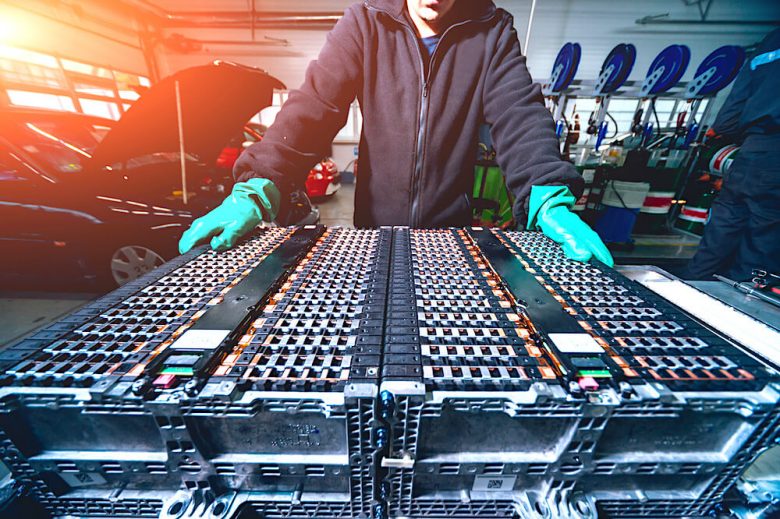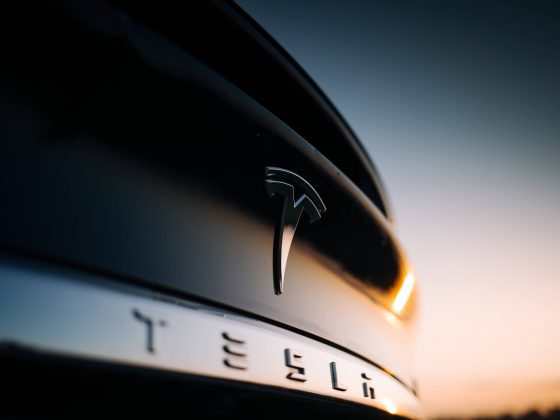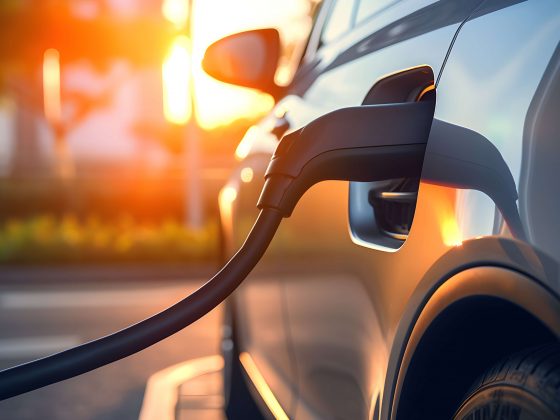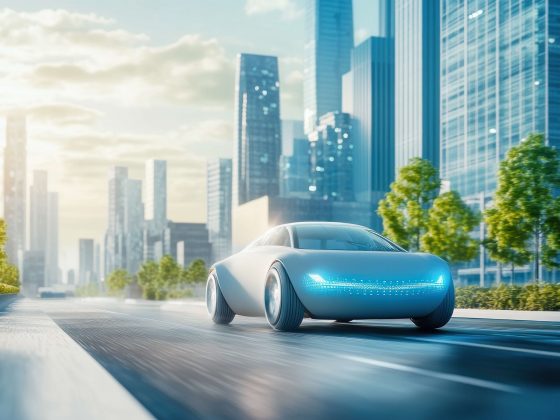Just last week, Bloomberg NEF reported a historic milestone: lithium-ion pack prices for electric vehicles were less than $100/kWh. In 2010, these were $1,200 per kilowatt-hour. This year, cost fell to $137 per kWh, dropping by a whopping 89%. In the next two years, EV battery packs could have an average price of $100 per kWh.
Use eTags© to Quickly Complete Your DMV Service. Renewals, Title Transfers and More, All Online!
So far, the lowest reported price appeared in China for less than $100/kWh for use in electric buses. In 2018, there were about 425,000 e-buses around the world, with 99% of them operating in China.
Shenzhen (China) is one of the few cities that has fully electrified its fleet of public buses; impacting 16, 359 buses in just eight years
What are electric battery packs: cells, modules, packs
An electric vehicle battery is composed of a cell, module, and pack. To power up an EV, you need plenty of electricity, which is why electric vehicles require anywhere from dozens to thousands of battery cells.

To safely and efficiently manage all of these battery cells in an EV, they’re installed in clusters creating a module, and clusters of modules make up a pack. In a nutshell, the pack gathers. In the end, an electric vehicle runs on an electric battery pack.
A battery cell charges your EV, while the module protects cells from shock, heat, and vibration, and the battery pack is the final form of the entire battery system that installed in the EV.
SEE ALSO: ELECTRIC VEHICLES: RECHARGING, BATTERY, DRIVING RANGE, AND MORE.
The BMW i3 battery pack composition
For example, the BMW i3, a high-roof hatchback electric powertrain vehicle, has 96 battery cells. 12 cells make one module, and 8 modules form the BMW i3 battery pack or battery system. The BMW i3 ranked third among electric cars sold worldwide from 2014 to 2016, with over 165,000 vehicles sold as of the start of 2020.
An EV’s battery capacity is expressed in terms of kilowatt-hours, or kWh; the more , the better
By 2023, the average battery pack will make EV prices like gas car prices
BNEF’s 2020 Battery Price Survey, which considers passenger car EVs, e-buses, commercial EVs and stationary storage, predicts that by 2023 average battery pack prices will be $101/kWh. That’s the price point at which electric vehicles could share the same prices as traditional, gasoline-powered vehicles.

Electric vehicles as a green energy solution is becoming more and more of a reality with the increase in awareness of carbon emissions, government incentives like providing privileges EV drivers such a tax credits, as well as increasing oil prices and decreasing reserves.
EVs will account for 55% of all new passenger cars worldwide by 2040.

You think you’ll be purchasing an electric vehicle next?








